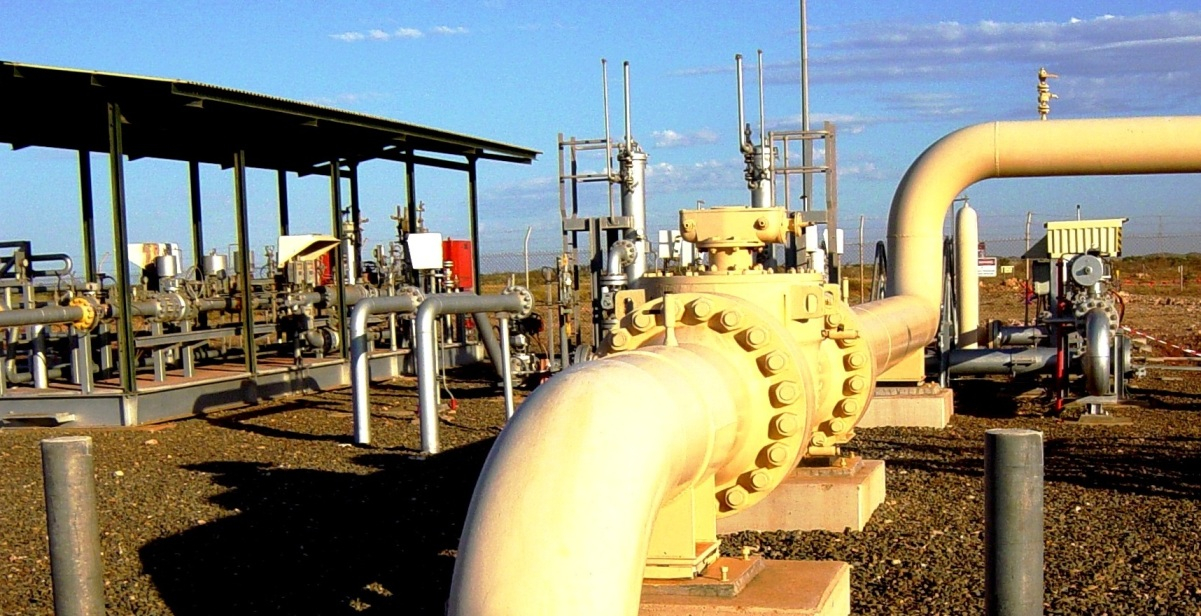
Practical information
In the current context of oil prices drop, new trends are emerging on the global LNG market, both in terms of demand and supply. These dynamics can have a significant impact on Europe, which is also entering a new era in terms of relations with Russia and has to cope with a weak demand. In its recent Communication on the Energy Union, the European Commission announced the elaboration of a comprehensive LNG strategy. This debate aims to understand the EU position on the global LNG markets. How can LNG fully play a back-up role in crisis situations? Can it be spread across Europe? More generally, what role can natural gas play in the European energy policy given the current context?

Ifri Center for Energy is hosting a roundtable conference with:
Takuro YAMAMOTO
LNG Analyst, International Energy Agency (IEA)
François-Régis MOUTON
Chairman GasNaturally
Gas LNG Europe (GLE) Representative (tbd)
DG Energy Representative, European Commission (tbd)
Chaired by Marie-Claire AOUN, Director of the Ifri Center for Energy
Other events

Paris Naval Conference 2026: Naval Rearmament and Operations in Contested Waters
This fourth edition of the Paris Naval Conference (CNP), bringing together high-level military, industrial, and academic speakers, will address the challenges associated with general naval rearmament and naval operations in increasingly contested environments.





